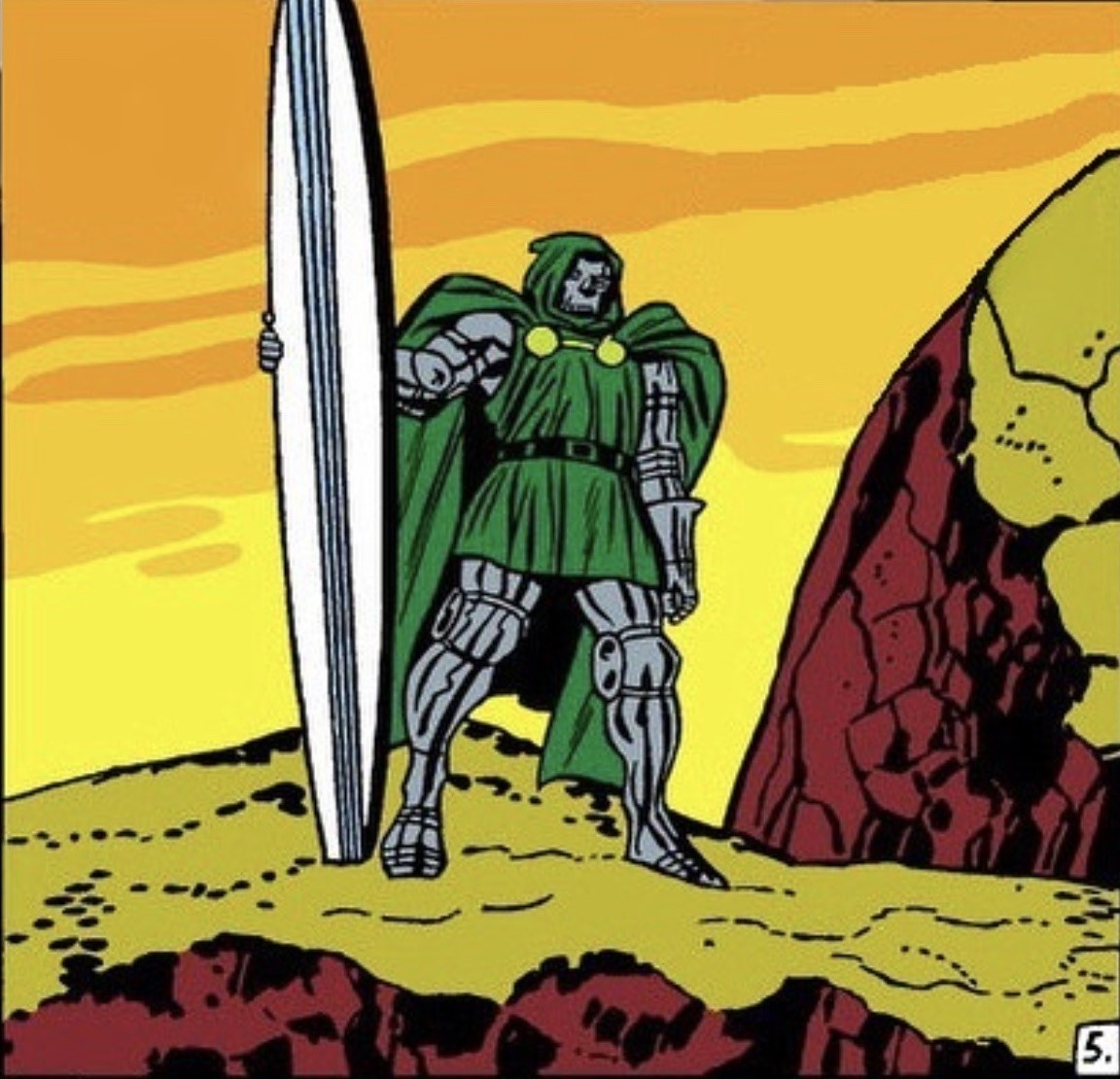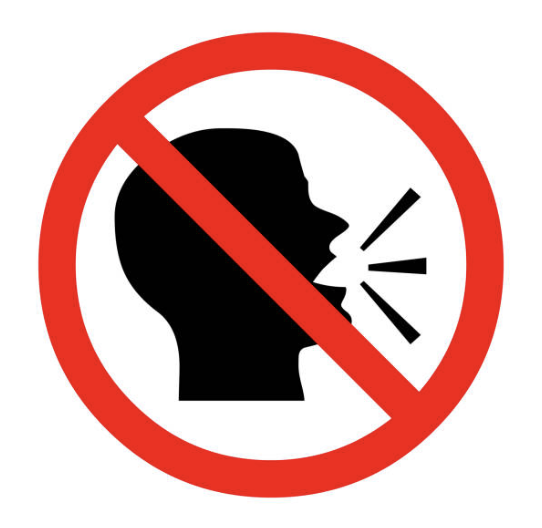I’m gonna take this chance to air my personal grievance with “Iodine”, which is commonly pronounced (in the US at least) “aye-o-dine”, but if we look at all of the other halogen, their “-ine” ending is pronounced “-een”, and therefore iodine should clearly be pronounced “aye-o-deen”.
Go and get some platinium and if you want to go old fashioned you may like aurium.
You should just be happy that we aren’t all still calling it “tin.”
Dubya would start a nukular war over it.
Am I the only one who finds differences in american vs british english cool, instead of a reason to be a dick
Let’s table that discussion.
Tap for spoiler
The meanings of “table” as a verb in US vs UK parliamentary usage are literally opposites. With the US meaning being to stop discussing or put aside for later, while the UK version means to begin discussing.
This actually caused confusion during allied meetings in WWII.
Aluminium is not the -ium of alumin
Aluminium is the genericitation of aluminum.
The actual -ium is of alum. The original name is alumium.
Aluminum is a modification of alumiun, not aluminium
Oxygen-ium

I expected Walter in the meme.
Didnt excpect the element symbol in the gif
No notes
LMAO
It confused me a bit when reading the Mistborn series. Wtf is aluminum and why have i never heard of that? Do they just call Aluminium differently because of story reasons? Did i miss something? Are the other metals correct?
Good books tho
Aluminum is the original name for the element. It was changed to be more in line with the others in its group.
Like in the tv shows when they say “epinephrine”, and I was like wtf is that? for years.
And later on with the amazing metal called tungsten. Why have I never heard of it?
(Its andrenaline and wolfram)
Acetaminophen / Paracetamol is probably the one I see the most.
Bendalloy is a commercial name, which is for the best because we’d hate for Wayne to burn Wood’s metal
What gets me is an Americanism that seems to have only taken hold in the last 10 years or so - Normalcy. Apparently it’s been in use since 1920 but I’m sure it’s only recently become ubiquitous in the US. The word is NORMALITY my American friends. Normalcy is a horrible Frankenstien word which sounds and looks horrible written. =p
39 yo American. This is the first time I have ever seen or heard of the word normality… And I read a decent amount of British regency literature.
So normalcy is normality for you? Fascinating! =D
Read hitch hikers guide to the galaxy
If you hate Americans because of this, of all things, then you’re going to lose your mind when you find out about everything that’s happened this year.
Or the last 200 years.
We say it the original correct way in the US. Other countries changed it for some reason. The guy that discovered it in 1808, Sir Humphrey Davy named it “Alumium” which based on Alumen (Latin for bitter salt)but quickly changed it to “Aluminum”. I swear I remember reading that he kept getting shit on by the science community and his friends for naming a metal “bitter salt” in Latin … but can’t find a reference.
His colleagues in Britain did mess with him and start using the name “Aluminium” … exactly because it ended in “ium” like ALL the other elements (Oxygenium, Carbonium, Ironium, Zincium, Nitrogenium, and the like). They US just kept the name the discoverer wanted instead of giving into those British asshats that just wanted to troll Sir Davy.
He also isolated Magnesium and named it “magnium”, but later changed to magnesium. The guy just couldnt settle on names. Again, in my version of reality it is because his friends kept giving him shit.
We say it the original correct way in the US
.
Sir Humphrey Davy named it “Alumium”
I explained the whole naming process. You gotta read it. The US was given the name as Aluminum and did not change it when the British changed it a third time.
But aluminum is nit the original name and you explain that. It’s also not the correct way either.
Welcome to ignore. Everyone else understood the discussion … you are the outlier.
They US just kept the name the discoverer wanted instead of giving into those British asshats that just wanted to troll Sir Davy.
It probably wasnt really a willful defiance thing. It’s likely more correct to say that we kept the name because by the time they changed it officially in Europe, we had millions of students across the country that had textbooks with the name Aluminum in it, that had already been taught the original name, and if the inconsistentcy was even important enought to consider “correcting”, it was likely deemed too costly and too much of a headache to change at the time. By the time people were buying reprints/new editions/more recently written textbooks anyway, professional chemists in the US had been calling it Aluminum for years. Given how isolated we were from Europe in the early 1800s, there was very little pressure to align with them on it, and so it stayed. The longer it stayed the more likely it was to be permanent, and here we are.
But yeah, Sir Humphrey Davy was an indecisive wishy-washy namer of elements, disseminated multiple names across the world, but somehow that is our fault when we just stuck with the one we were given and everyone else changed over nitpicky conventions. It’s not the only thing that Brits shit on about American English that is entirely their invention or their mistake:
-
“Soccer” being a British term short for “Association Football”
-
The season “Fall” being a British term shortened from the phrase “The Fall of the Leaf” and directly complementary to “Spring” which comes from the phrase “The Spring of the Leaf”, which they still use despite making fun of Americans for “Fall” instead of their “Autumn”, which Americans also use.
-
“Dove” instead of “dived”, “pled” instead of “pleaded”, “have gotten” instead of “have got”, etc. all started in Britain but were dropped there and stayed in the US.
-
“Herb” being pronounced with an audible “h”. The word is borrowed from French, where the h is silent, exactly like , “honorary”, and “honesty”. Neither country pronounces either of those words with an “h” sound, but that doesnt stop people like Eddie Izzard shitting on how Americans say it with a silent “h” despite the American pronunciation being, arguably, more correct given the word’s origins.
Side note, it is crazy how many words in English are borrowed from French, even if they are horribly mangled and unrecognizable now in a lot of cases. The British Aristocracy really had their noses shoved firmly up French asses for a lot of their history in the last few centuries.
I think you’ll enjoy this: Silent Letter Day.
I suspect that if the US had adopted the name “Aluminium” Britain would have changed it again and they would be making fun of us for not calling it “Aluminiumium”.
-
Pronounce ‘bottle of water’ right now OP
I don’t even like podcasts, but where do I subscribe to your’s??
I don’t have the patience or a blood sugar for a podcast. Too much effort. And I don’t even know what I’d talk about…
OMFG this is amazing

Now it’s the last one because I really do have to go.

This is a top class response 👏
Don’t worry, I’m done now lol
😂 Absolutely zero rage here. This genuinely brightened my day! You have a fantastic voice!
Hey, one of us has to have a good day, right?
Thanks <3
Your voice and speech cadence are genuinely GOD TIER. I swear to god people would pay money to get narrated by a voice HALF as good as yours! Take pride in that
I swear to god people would pay money to get narrated by a voice HALF as good as yours!
Who’s to say people don’t?
I just wish more people did.
I’m fucking hungry.
But thank you <3
Lmao. Well done.
Thank you very much. And to you for managing to score that username. I thought me getting just a first name as my main account was good but damn.
Thanks! I was very early on the Reddit APIpocolypse exodus, haha.
Same lol my main account hits the 2 year mark like 2 weeks after lemmy.world’s two year anniversary
I want this as the voice on my GPS
Holy shit lmfao
You know, for as much as I post I don’t think people have realized they can just straight up summon me yet to do stupid things.
I am just a goof.
“Hey! Wait a second! You’re that guy who does whatever people ask him to do, right!? …Well then, go find my boyfriend!”
“Hey! People usually ask nicely!”
- Nier (the first one)
Honestly how it feels sometimes lmao if people ask nice then I’ll do a lot of random shit. I like making people happy. If you’re a dick? I grew up an island where the weather itself tries to murder you. Spite is what powers my entire being.
This is modern art
Pastry Pete, is that you?
… Who? Also I just re-recorded it with more to it. Does that make it better or worse lol


!You can post media in comments by formatting them like this
!<Sweet thanks
bo’o ‘o’ wa’a
Get up, come on, get down with the sickness!
I just laughed so hard that I scared the cat. I did not expect that. Fucking hell lmfao
Aluminum was the original name, YOU GUYS HAD TO GO AND CHANGE IT
Just like soccer.
Look the language is ours now england, you lost the right.
No, it’s was Alumium originally. So you guys changed it too, but decided to chsbge it to something worse.
i thought the original name was alumium?
Alumina ore was smelted/refined to isolate the pure metal.
Using the preexisting naming convention that ore->metal goes a->um, the discoverer of the element named it Aluminum.
Later, British chemists got mad that their US naming standard was different from their own standard.
no.
the discoverer, humphry davy, was english. the name is originally the english “alum” and the latin “ium”, which was criticized because names were traditionally constructed from latin roots. european scientists suggested “aluminium”, for “element created from alum”, but the year after that, when davy published a chemistry book, he spelled it “aluminum”. this took hold in britain, but the rest of europe used “aluminium” so they standardized.
a few years later, when the word first appeared in an american dictionary, only the “num” spelling was added. scientists kept using “-ium” but the general populace went on the dictionary definition until it won out. the “american” spelling was only accepted by american scientists about 110 years after the element was discovered.
So the guy who discovered it published a book and named his discovery in his book “aluminum”?
Well case closed. It’s aluminum.
and then scientific consensus made him change it. there was a clique of, quote, “patriotic” englishmen who, worried about “foreign influences”, kept using the misspelling, but they were very few and very much gone by the time the americans changed their minds.
Ya will Trump is going to rename it to Amerinum now.
check out number 95
No, it’s Aluminum of America.
Stuff does occasionally change
In like… Science
Yes, but when naming new things you typically go with… you know… the person that discovered and named it
Well they should have called it Ørstedium then, and people could refuse to call it that because nobody knows what Ø sounds like or how to type it.
Back in my day there was an element called unununium until some
nuclear scientistsbismuth-munching paper-pushers with nickel allergies decided in 2004 that they liked Röntgen more than Regirock.And before anyone checks, R/S were released in 2002 in Japan and 2003 internationally.
Platinum
Platinium!























